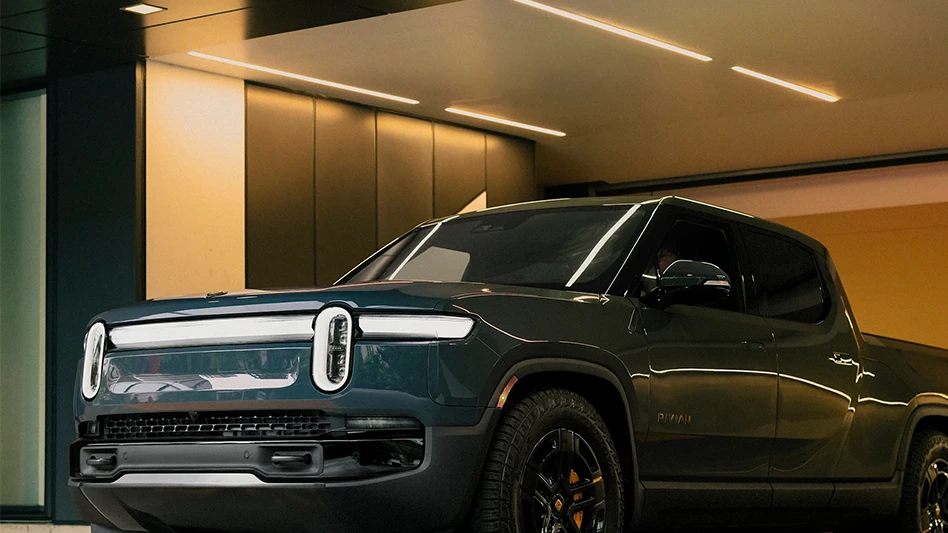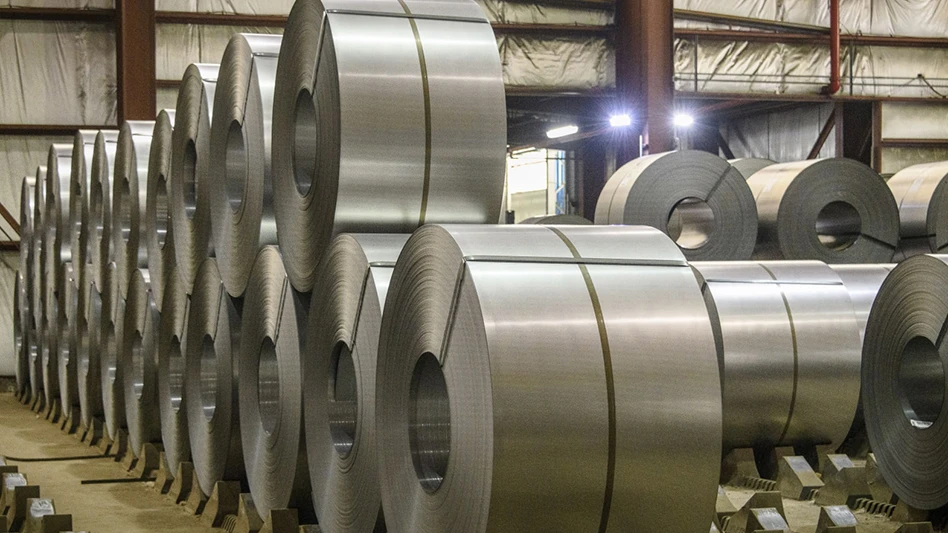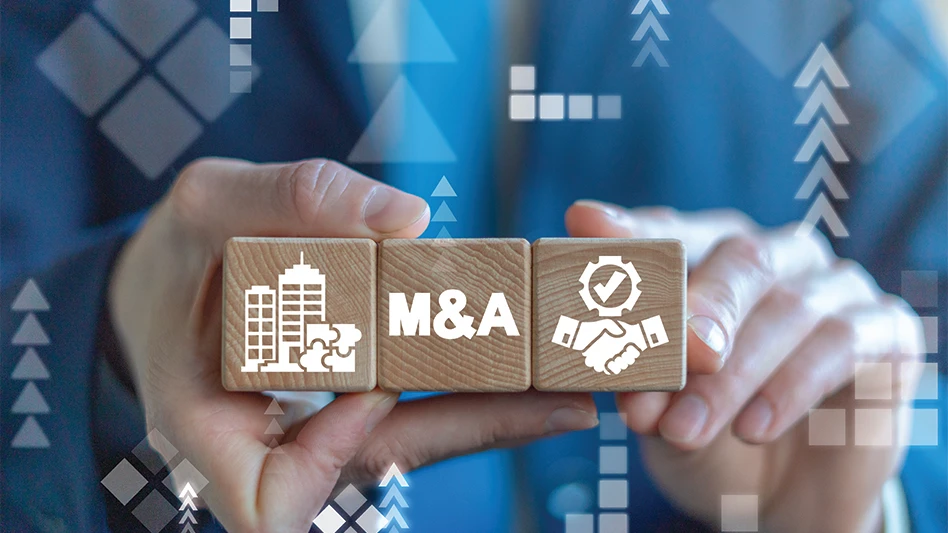
Photo courtesy of Rivian Automotive
A predicted shift from internal combustion engine (ICE) vehicles to electric vehicles (EVs) has gained momentum in parts of Asia and Europe, but by some measures has moved more slowly in the United States.
Last month, a recycler in the Great Lakes region told Recycling Today there is “little to no optimism for the EV market” in his region, and a McKinsey & Co. national survey has found about 40 percent of EV owners in the U.S. have doubts about the charging network infrastructure that could cause them to go back to ICE models with their next purchase.
How far and fast any an EV shift occurs affects producers and recyclers of several types of metal, making the automotive market share story one of medium-to-long-term interest for recyclers of metals and batteries.
This decade, established automakers with a U.S. assembly presence, including Ford, General Motors, Honda and BMW, have invested considerable amounts to prepare for an EV upswing.
EV mass production pioneer Tesla continues to produce and sell the most EVs in the U.S. each year. In this year’s first quarter the company says globally it produced about 433,000 vehicles and delivered approximately 387,000 EVs. Those numbers are down from 440,000 EVs produced and nearly 423,000 delivered one year earlier.
Germany-based Volkswagen Group (VW), which has an assembly plant in Tennessee, has been making its ID.4 EV model there since 2022. Now, its U.S. EV involvement is expected to increase after an announcement made jointly this week by California-based EV producer Rivian Automotive and VW.
The companies have announced their intention to form an equally controlled and owned joint venture (JV) to create what they call “next-generation electrical architecture and best-in-class software technology.”
Through the JV, VW will invest an initial $1 billion in Rivian, with up to $4 billion in planned additional investments for a total expected deal size of $5 billion.
The companies expect the JV to allow both companies to combine their complementary strengths and lower cost per vehicle by increasing scale and speeding up innovation globally.
For Rivian, the infusion of capital is critical for a company that lost $527 million in the first quarter of 2024, which amounted to more than $38,500 of financial loss per vehicle delivered. (The company made and delivered between 13,500 and 14,000 vehicles in the quarter.)
“Not only is this partnership expected to bring our software and associated zonal architecture to an even broader market through Volkswagen Group’s global reach, but this partnership also is expected to help secure our capital needs for substantial growth,” Rivian founder and CEO RJ Scaringe says.
For its part, VW Group CEO Oliver Blume says, “Through our cooperation, we will bring the best solutions to our vehicles faster and at lower cost. We are strengthening our technology profile and our competitiveness.”
Both companies aim to launch vehicles benefiting from the technology created within the JV in the second half of this decade.
“The partnership’s ambition is to accelerate Volkswagen Group’s SDV [software-defined vehicle] plans and transition to a pure zonal architecture,” the Rivian and VW news release states. “Each company will continue to separately operate their respective vehicle businesses.”
Latest from Recycling Today
- BlueScope, BHP & Rio Tinto select site for electric smelting furnace pilot plant
- Magnomer joins Canada Plastics Pact
- Out of touch with reality
- Electra names new CFO
- WM of Pennsylvania awarded RNG vehicle funding
- Nucor receives West Virginia funding assist
- Ferrous market ends 2024 in familiar rut
- Aqua Metals secures $1.5M loan, reports operational strides





